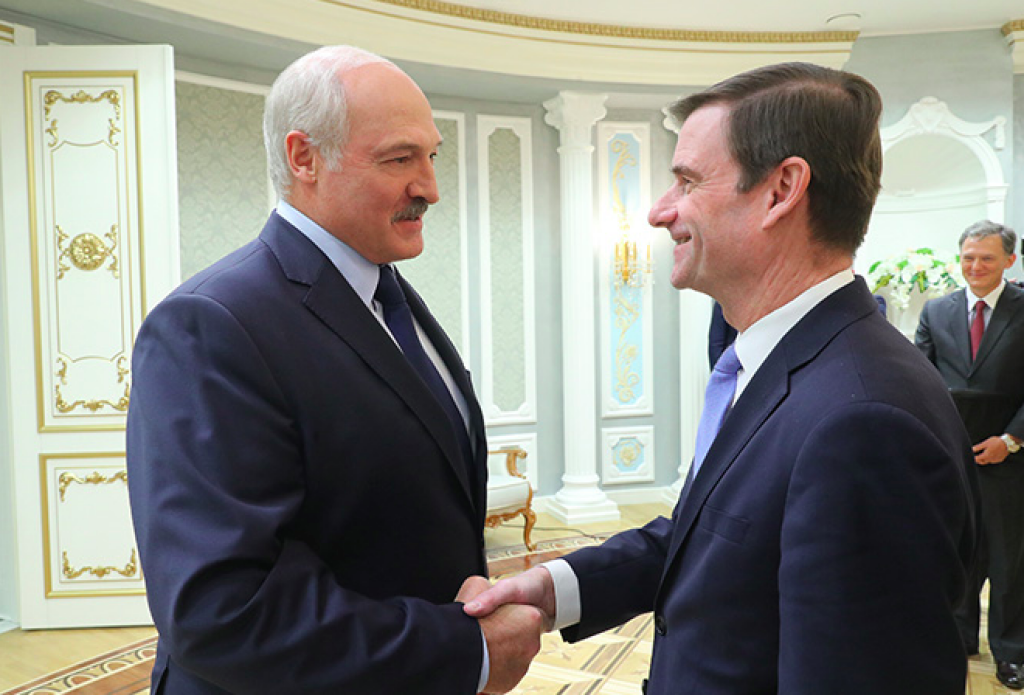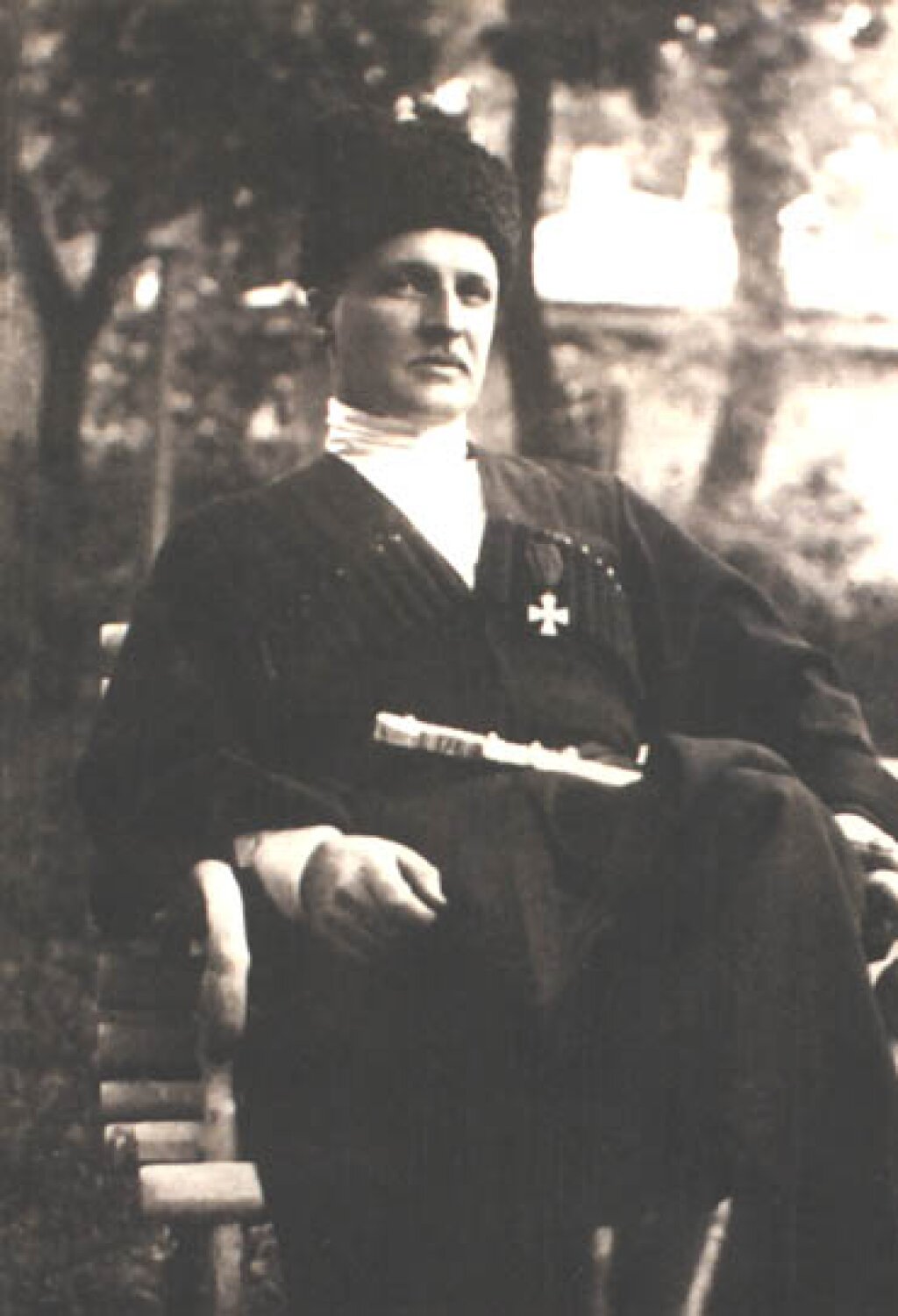This is Part Two of a five-part series on the question of Russia and “fake news” by Vasily Gatov, who is a USC Annenberg Visiting Fellow.
Part One can be found here.
Every conflict needs threat assessment, based on knowledge of the enemy and understanding of its strengths and weaknesses. Underestimation is as dangerous as overestimation, especially in the case of non-military confrontation. Gross overestimation is more dangerous, as it usually leads to an exhausting arms race (as happened in US-Soviet relations due to a missile hoax during President Eisenhower years). When an adversary –allegedly Putin’s Russia in this case – targets American society– nothing is more crucial than to have a qualified understanding of the attacker’s intents, capacity and real goals. Retaliatory measures, defense design and weaponry in the case of non-military, or hybrid attack are always a double-edged sword; they counter the enemy’s moves but they also cut and damage the defender who uses them. In the case of “Russian affairs,” the later danger is clearly more evident to me.
Most authors who have taken the lead in the “Russian menace” story have a very naïve (albeit overarching) idea as to how a “fake news” system work. Nor do they understand what really drives the people and organizations they consider to be a threat. They routinely stress the strategic design of the “Russian nefarious strike against the Western democracy”, and miscalculate how the success or failure of the alleged operations are measured by the Kremlin.
Needless to say, “national security reporters” avoid a broader (and more qualified and scholarly) view of the “fake news” ecosystem: primarily, the US domestic part of it, from Brietbart and the Drudge Report to Infowars to shady commercial fake news sites that poach traffic to get AdSense income. The reason for this omission is quite simple: the numbers would not work. RT and Sputnik, aided by troll farms and even GRU spooks pale in comparison to the Drudge Report, Fox News and Breitbart – in terms of reach, audience, domestic issues expertise and quality of writing. It is also legally safe to accuse Russians rather than billionaire Robert Mercer or other domestic adversaries (as they are defended by an army of predatory lawyers). For sure, thousands of Russian villains seated in a Bond-movie-styled factory of evil is a more believable picture; Putin walks down the lines of computers staffed with guys in uniform and directs them personally: “Hurt Hillary more! Spur racial discord further! Support Trump!”
In the case of Russian info-weapons, neither RT nor Sputnik nor even The Agency (the troll farm reported on by Adrian Chen and others) look like the spooky spy lairs out of John Le Carre’s novels. Nor are they managed by Le Carre’s Carla look-alikes; and there is no “central lie HQ” in a bunker beneath the Kremlin where Putin conspires against US democracy with a group of pale-faced generals who think Facebook posts are the new SS-20’s. If anyone is interested – take a look at RT’s promotional video that cleverly (though tastelessly) makes fun of the templates of Cold War literature.
I can speak on this quite authoritatively as I was a well-established, high-level manager in this whole system up until 2013; I have known most of the players personally for years, and am familiar with the inner workings of the respective companies, political structures and connections between them.
Disappointing as it may sound, this system is not a shady world of undercover hackers from (S)Cyberia; nor does it amount to row after row of Russian officers with advanced mathematics degrees hacking America’s political, security, and engery systems. True, RT & Sputnik do employ a few hairy, socially awkward sysadmins and cybersecurity guards hiding in windowless rooms and ordering pizza by dozens, but these folk do not represent APT-28/29 and other Russian hacking groups. These organizations are typical newsrooms and/or back office cubicles with HR managers and “team-building days”, happily getting a bi-weekly paycheck on every 5th and 20th, along with young journalists and managers who think they are lucky to work a government job with regular paychecks and better health insurance than you can buy on the open market. Their bosses are lucky careerists from the 1990’s and 2000’s who had the good fortune of realizing what Putin wanted early on, and – since then – they just “read his mind”, gathering the slightest hints from open and rumored Kremlin information. Some of them were decent journalists or editors before: today they are just a tremendously large PR department that pretends to be a mass media outlet. All they do is repackage Kremlin messaging the way their company wants; whatever they do is silly office work with continuous “meetings” and “conference calls”, “Re:re:re:re… “email chains and mindless Friday drinking.
But – and here is the real threat – they want you to believe that they really are fantastic information weapon factories, which is why they applaud each and every overestimation of their reach and audience and influence! This is what they sell to Kremlin as proof of their efficiency and in justification of their budgets; this is their KPI and scorecard, if you will.
And, because this is just a human-filled operation, there is no technological solution to counter it; because even these awful, disgraceful people are capable of invention. RT was a dreadful “cupolas and balalaikas” promotional Russian storytelling outfit between 2005 and 2008; it was not a weapon at all – just a waste of taxpayer’s money, since nobody wanted to watch TV that advertised Russia. The pivot – which happened in a wake of Russo-Georgian war in August 2008 – was the result of pure human creativity and brainstorming. All the further developments – like the “Question More” slogan, and so on – were not computational, but verbal (assisted by the UK’s own McCann creative agency by the way). The very fact that Western democracies fear RT and have started to create legal and obstacles to it only empowers them more in the bizarre world of the Kremlin worldview.
But even worse – because the Russian propaganda system is filled with greed, careerism and (unfortunately) creativity - it will definitely find a new solution to break through any defenses, and it will inevitably outsmart all digital tools or legal limits, as this is what Russians have been taught to do throughout their entire hard lives.
Tomorrow: The Counter-Counter-Counter Intelligence State



